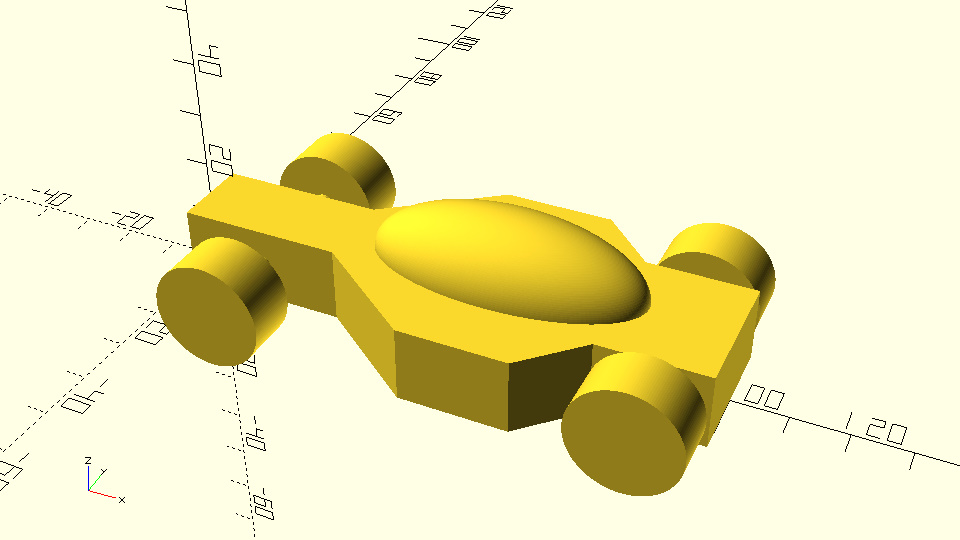Early redemption
|
The Law and Lore of Repackaging
|
One of the delicate encasements and springs of a repackaging structure is the relationship on termination between the Swap and the Note. They are curiously symbiotic things: the Note seems to be the important instrument, for this is what the Investor holds; however, the swap is the engine that does all the transformational magic, taking whatever the Asset does, and converting it into the cashflow required to fund the Note payoff.
The old “racing car” metaphor
It’s a bit blokey, I know, and the JC is not a natural petrol-head, but the old “racing car” metaphor is a useful way of framing this — it is a vehicle after all: think of the assets as the petrol in the petrol tank, the swap as the engine taking in the asset juice and converting it into power and steering, and the Note as the chassis and wheels moving the vehicle along and of course those comfy leather seats and the uber-sexy carbon-fibre body.
- Assets are the petrol in the petrol tank: Clearly, the petrol tank springing a leak is a problem — that is the equivalent of an Asset failure: not enough fuel getting to the engine to keep the swap going.
- Swap is the engine and the steering: And throwing a rod in the engine or snapping the differential — the Swap — will blow the whole thing up too: — doesn’t matter how much petrol you got if the motor has blown.
- Notes are the wheelbase and body: But if the chassis falls apart or the wheels fall off, you ain’t going anywhere either. This ought not to happen if you have a decent engineering team, but — you know — earthquakes. You can get shot at.
Unforeseen events causing failures to each of these component groups need to have a halting effect on the rest of the structure.
An asset failure will naturally do that, because the SPV won’t have assets to meet the swap payments, and the swap will terminate under its own steam. Likewise, a Swap Counterparty failure means the SPV has no one to pay its asset cashflows to, and no expectation of getting anything back if it did, so that is an obvious Early Redemption Event (and a cue to realise the market value of the Asset to fund the early redemption amount.
Vehicle failures
But what about when Notes fail for reasons unrelated to the Asset or Swap Counterparty?
As noted, this shouldn’t happen in the ordinary course: one builds a secured, limited recourse note vehicle precisely so it can’t fail — but laws can change. Extra-judicial things can happen. Taxes can be imposed. These events will trigger unwind of the Note, which means the swap must terminate.
What is the order of ceremonies under your hedging agreement if there is an unrelated early redemption event under the Notes?
